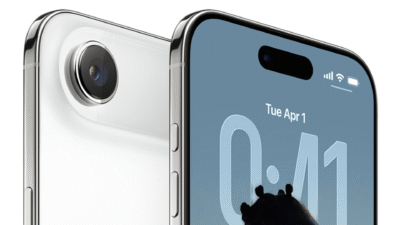Google Blocks Deceptive Android Apps with too Many Ads in the Play Store

Thanks to the new measures taken within the Play Store, Google wants to put an end to deceptive Android applications, which display ads on full screen or impersonate a VPN. Google just announced a series of resolutions that will come into effect soon to protect users.
Google Play Store believed he could stop all malicious programs with his antivirus. Despite countless hiccups, the company does not admit defeat and starts a fight against fake applications, posing as approved programs. Under the new conditions, the American company wants to put an end to the phenomenon of excessive ads appearing on full screen. The same goes for VPN hijacking. These measures are of course not yet applicable, but they will be from September 30, 2022.
It should be remembered that the group is not on its first attempt as it had done the same with outdated applications. To avoid confusion, the company has promised that it will only tackle one category of ads. For example, developers will be forced to avoid: irrelevant ads which slow down or load the game. Same story for any type of ad that lasts longer than 15 seconds without being able to close.
Google announces a series of measures against fraudulent developers
In addition to cracking down on the aforementioned announcements, the company has made improvements to the FLAG_SEGURE function. For the record, with this option, it is possible to ensure the protection of certain crucial information. To do this, this feature blocks screen capture and sharing, as well as broadcasts. Google has therefore decided that applications will no longer be able to circumvent these restrictions from November 1, 2022. Even more interesting, VPN check will be more intense. Only genuine VPN apps are allowed to create a secure tunnel to a remote server.
Google’s approach to protecting users will mainly consist of blocking software that deceives users. The credibility of the Play Store is also at stake: Google definitely wants to put an end to fake apps. Despite these measures, Google remains cautious and encourages its users to perform a number of checks to ensure that the company contacting them is indeed who it claims to be. Ultimately, after the failure of Google Play Protect, we will have to wait and see if these measures will prove effective this time. So while waiting for the implementation of personalized protective equipment the company announces other changes underway to eradicate all questionable information about health, children, subscriptions and the list is not exhaustive.
Research Snipers is currently covering all technology news including Google, Apple, Android, Xiaomi, Huawei, Samsung News, and More. Research Snipers has decade of experience in breaking technology news, covering latest trends in tech news, and recent developments.












